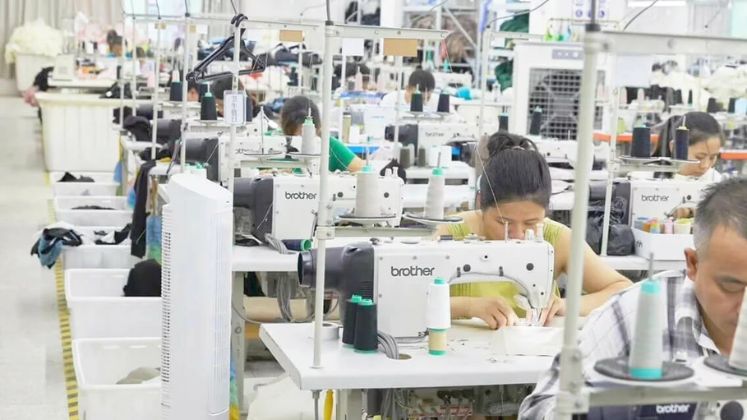[ad_1]

The National Council of Textile Organizations (NCTO) President and CEO, Kim Glas, urged the US Congress and administration to escalate the enforcement of the Uyghur Forced Labour Prevention Act (UFLPA) and close the de minimis loophole, outlining a strategic plan to curb forced labour’s infiltration into the nation’s fashion sector.
NCTO provided crucial testimony during a congressional hearing, shedding light on the concerning surge in imports entering the US, containing apparel manufactured through forced labour, counterfeit goods, and dangerous narcotics. These imports not only jeopardise consumers’ safety and communities but also pose severe threats to the nation’s fashion manufacturing industry.
Glas emphasised the alarming fact that approximately 72 per cent of all Chinese cotton products incorporate cotton sourced from Xinjiang, a region accused of employing forced labour practices. This illicit trade has led US textile plants to reduce production, causing worker layoffs, and in some cases, driving businesses into closure.
To address this pressing issue, NCTO proposes a comprehensive four-step approach:
- Implement rigorous oversight of UFLPA customs enforcement, compel regular testimony from customs officials, disclose to Congress and the public a proactive enforcement strategy, impose stricter penalties, and establish measurable benchmarks for curbing illegal trade.
- Enact legislation to close the de minimis loophole for e-commerce, addressing concerns related to fentanyl, forced labour, and counterfeits. Additionally, mandate the administration to employ executive authorities for stringent enforcement.
- Broaden the UFLPA Entity List to encompass companies beyond China, as the current list includes only 27 entities.
- Implement aggressive testing, inspections, and penalties by increasing verification visits in free trade agreement partners and enhancing coordination efforts.
Glas highlighted that Chinese apparel tainted by forced labour, worth billions of dollars, is flooding the market due to the de minimis loophole. This loophole allows these goods to reach consumers directly, disregarding the welfare of workers and manufacturers in the US as well as essential regional supply chains.
Glas stated, “This is an economic fire, a health fire, and a human rights fire — and we need it extinguished immediately. An aggressive enforcement plan, coupled with a set of rational revisions to the outdated and now extremely dangerous de minimis loophole in our trade law would prevent the continuation of this devastation, but Congress and the Executive Branch must decisively act now.”
[ad_2]
Source link
